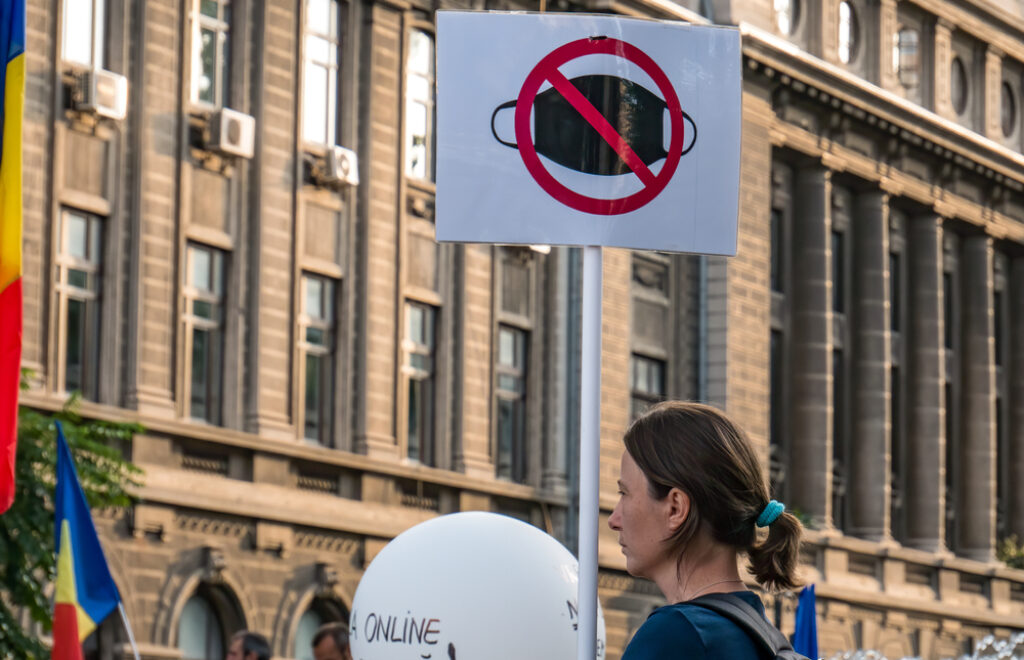The Holocaust in Romania turns 80, with antisemitism back in political vogue
On January 21st this year, Jewish Romanian actress Maia Morgenstern performed a monologue online in which she attempted to portray the fear and anxiety felt by the Jewish community in Romania 80 years ago. The occasion marked a dark chapter in the country’s history: the anniversary of Romania’s first pogrom during the Second World War, constituting three days of sudden and brutal violence, as it ushered in its participation in the extermination of Europe’s Jews. In her performances, broadcast over one week, Morgenstern and the State Jewish Theatre shed light on the morbid events that took place during that bleak period in Romania, a country that has historically struggled to come to terms with its role in the Holocaust and the murder of around 400,000 Romanian Jews. The commemorations, however, came just weeks after Romania’s parliamentary elections, which saw the ultra-nationalist Alliance for the Unity of Romanians (AUR) party take nearly ten per cent of the overall vote, winning 47 seats in parliament. It was a meteoric rise that stunned many observers, and alarmed several more.
June 23, 2021 - David M. Shoup


































